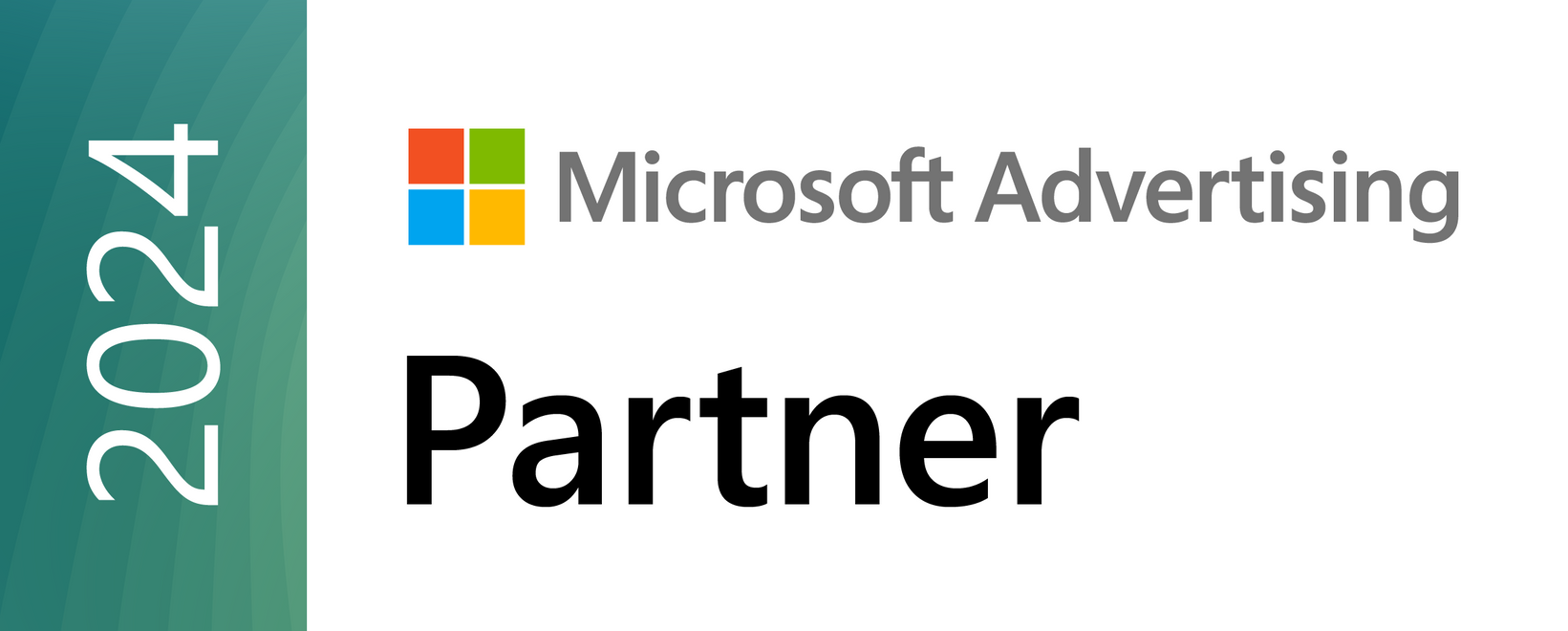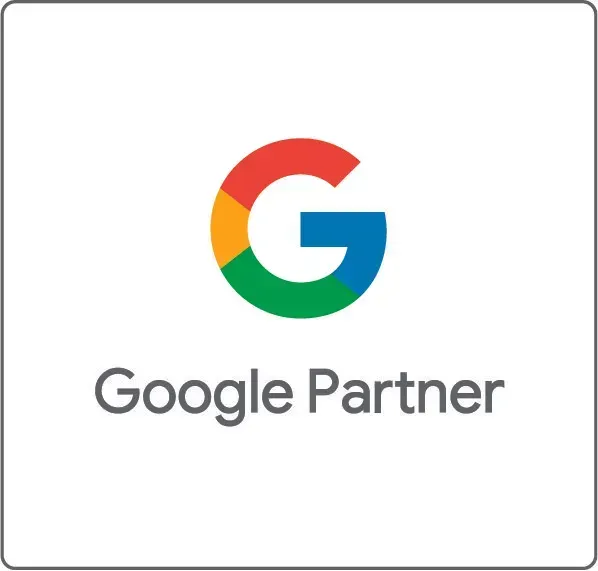The Hidden Value of Content Marketing When Combined With SEO

B2C businesses understand the importance of showing up in search results. Many also recognize the need to publish high-quality content to educate and convert their audience. What’s less understood are all the ways in which SEO tools and methods can be leveraged to maximize the impact of a content marketing strategy.
Keyword research, competitive analysis and search trend data can reveal topics and opportunities that can drive a high-performance content creation plan. When content marketing is built on a foundation of data, not guesswork or assumptions, it can foster compounding results.
Why Content Marketing Alone Falls Short
Publishing articles, guides or videos without an SEO framework is like printing brochures, putting them in a box and shoving that box into storage. The content exists, but almost no one will see it. Many companies put a lot of effort into blogs that never rank because the topics weren’t tied to keyword research, or the posts lacked proper on-page optimization.
One of the most important roles of digital marketers is to have honest conversations with clients. This may involve telling them things they don’t like to hear, like their instincts on topics may not be the best driver of traffic.
Conversely, just because your account manager or SEO specialist asserts something counterintuitive does not mean you should take it on faith. They may very well be right, but you should ask to see their research and explain their reasoning.
Just keep in mind that the result of publishing content no one is searching for, or content that will never rank due to poor on-page optimization, is wasted effort and money. Content marketing without SEO often turns into a resource drain instead of a growth engine.
Why SEO Alone Has Limits
Technical SEO and link-building can only take a website so far. Optimizing metadata, improving load speed and earning backlinks may bring short-term visibility, but search engines ultimately reward substance. Without a consistent stream of high-value content, especially unique content that isn’t already available on higher-authority websites, there’s nothing for Google to index, rank or showcase as authoritative.
SEO without content is like a perfectly tuned car engine with no fuel.
How SEO and Content Marketing Work as One System
- Content provides authority: Deep, well-researched articles and resources signal expertise and build topical relevance around target keywords.
- SEO provides discoverability: Structured metadata, strategic linking and technical optimization ensure that content is seen by the right audience at the right time.
- Together, they create compounding ROI: Every blog or landing page optimized for search not only drives organic traffic but also serves as a lead-nurturing asset across other channels like email, social and paid retargeting.
Key Components of a Unified Strategy
An effective content-SEO system is not built ad hoc. Digital marketers who do it well follow a structured process:
- Keyword research guides content calendars: Instead of guessing what to write about, teams build content around the terms and questions potential customers are actively searching for.
- On-page SEO is baked into every asset: From title tags and headers to schema markup and alt text, optimization is integrated from the first draft.
- Internal linking strengthens authority: Every new blog or resource ties back to core service pages, creating a network that boosts rankings site-wide.
- Analytics close the loop: Ongoing performance tracking identifies which pieces drive traffic and conversions, and where refinements are needed.
This isn’t a one-time exercise performed after onboarding. Each step reinforces the next in a cyclical, ongoing process. Doing it right from the beginning enhances the long-term relevance of your content, meaning every piece works harder, for longer.
The Hidden Value Most Teams Miss
Some organizations still treat SEO and content marketing as separate silos, sometimes even managed by different vendors or departments. A lack of communication or coordination between content creators and SEO specialists can significantly diminish the value of content marketing efforts.
When SEO and content strategies are unified, you’ll see:
- Greater efficiency: One content asset supports multiple channels at once.
- Faster authority building: Search engines reward consistent, optimized publishing more than sporadic campaigns.
- Stronger lead nurturing: Yes, optimized blogs should rank, but authority is really built by content that answers questions. Good content should be able to perform double or triple duty as resources for email, sales enablement and customer education.
At REV77, Our SEO and Content Teams Work Closely to Provide a Unified, Data-Driven Approach
At REV77, our keyword research drives content calendars, optimization is built into every draft and performance data shapes the next cycle of creation. You can learn more about our process or get our recommendations for your business by requesting a free digital audit.





